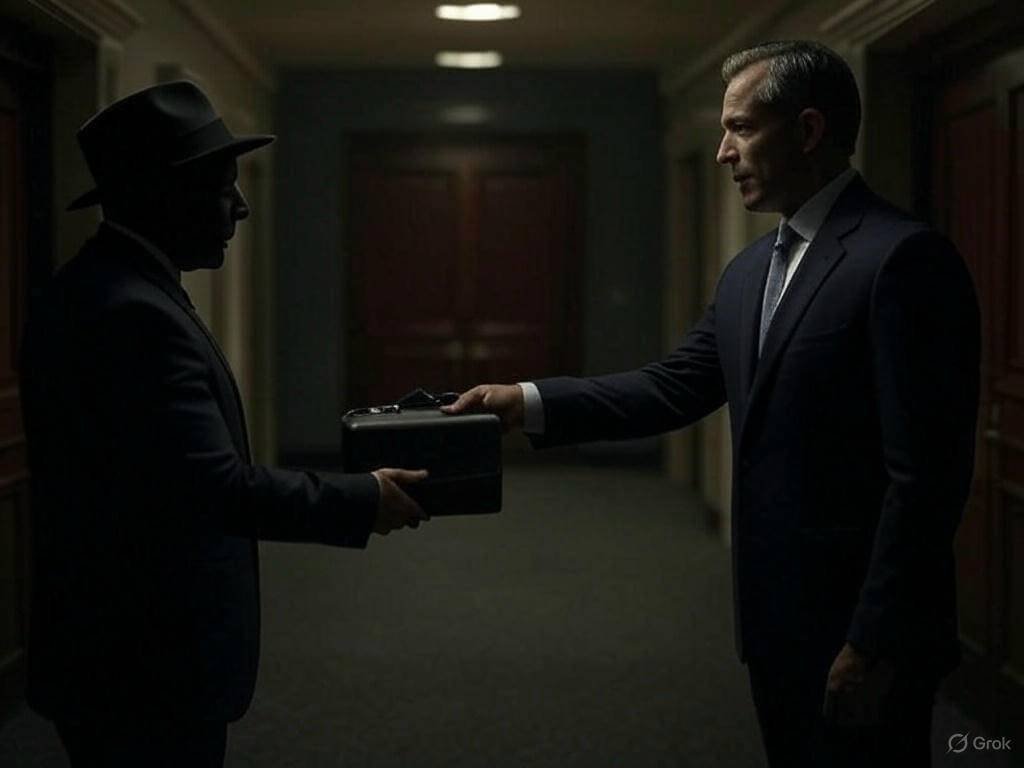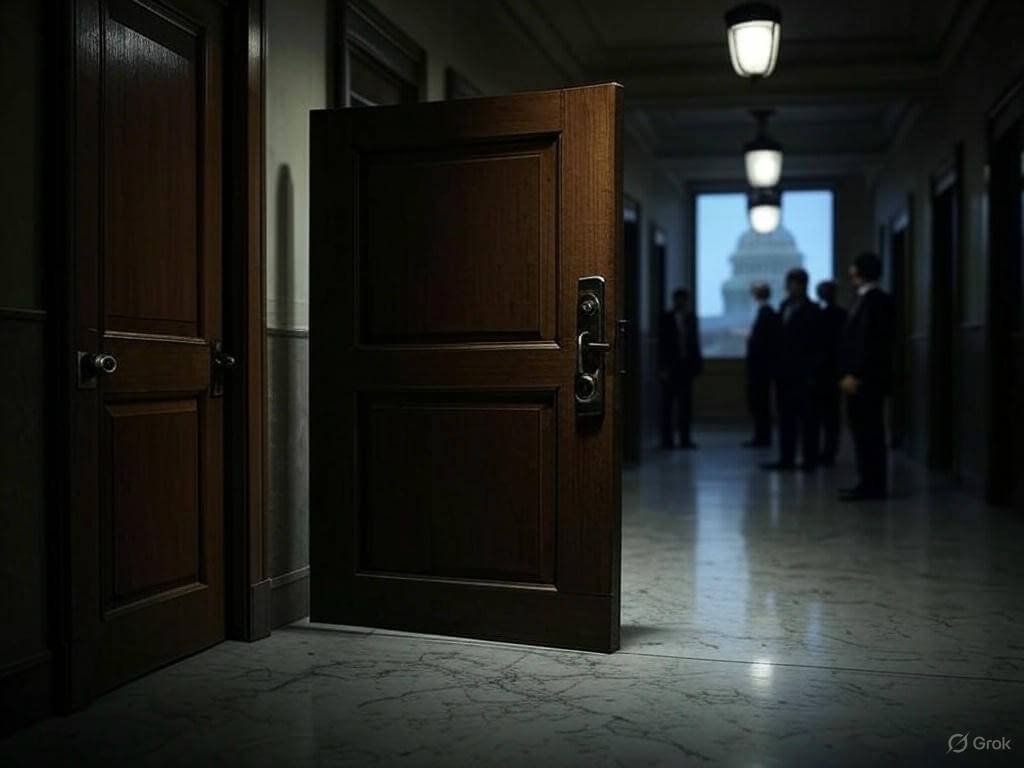Introduction: Secrets Congress Doesn’t Want You to Know
Congress doesn’t want you to know the murky details behind how legislation is crafted, often shrouded in complexity and secrecy. In 2025, with public trust in government at historic lows, understanding these hidden processes is crucial. This insider look reveals what Congress doesn’t want you to know about legislation, from backroom deals to lobbying influence. Let’s pull back the curtain and explore the truths they’d rather keep quiet!

1. Backroom Deals: What Congress Doesn’t Want You to Know
How Deals Shape Legislation
Legislation often starts in secretive negotiations, not public debates. In 2023, a $1.7 trillion omnibus bill included last-minute provisions favoring specific industries, per The Washington Post. These deals prioritize insiders over the public.
Deal-Making Tactics
- Closed Meetings: Key decisions bypass public scrutiny.
- Pork-Barrel Spending: Pet projects sneak into bills.
- Last-Minute Additions: Provisions avoid debate.
Takeaway: Follow OpenSecrets to track legislative deals.
2. Lobbying Influence: What Congress Doesn’t Want You to Know
How Lobbyists Control the Process
Lobbying shapes legislation more than most realize. In 2024, industries spent $4.2 billion on lobbying, with Big Pharma leading, per Statista. Congress often prioritizes these interests over constituents.
Lobbying Strategies
- Campaign Donations: Fund lawmakers’ re-elections.
- Revolving Door: Ex-lawmakers become lobbyists.
- Drafting Bills: Lobbyists write legislative text.
Takeaway: Check Congress.gov to see who’s sponsoring bills.

3. Complex Bills: What Congress Doesn’t Want You to Know
Why Bills Are Hard to Understand
Congress crafts lengthy, jargon-filled bills to obscure their impact. The 2022 Inflation Reduction Act, over 700 pages, confused even lawmakers, per Politico. Complexity hides controversial provisions.
Obfuscation Methods
- Technical Language: Deters public analysis.
- Omnibus Bills: Bundle unrelated issues.
- Rushed Votes: Limit review time.
Takeaway: Use GovTrack.us for simplified bill summaries.
4. Lack of Transparency: What Congress Doesn’t Want You to Know
How Secrecy Undermines Democracy
Congress often limits public access to legislative processes. Only 12% of Americans trust Congress to act transparently, per Gallup. Closed hearings and withheld data keep voters in the dark.
Secrecy Practices
- Closed Committees: Key debates are private.
- Delayed Disclosures: Financial ties stay hidden.
- Limited Access: Public struggles to track votes.
Takeaway: Demand transparency by contacting your representative via House.gov.

5. Solutions: Exposing What Congress Doesn’t Want You to Know
How to Demand Accountability
Citizens can push for a more open legislative process. Grassroots efforts, like those by Sunlight Foundation, have forced greater disclosure in the past.
Actionable Steps
- Monitor Legislation: Track bills online.
- Support Reforms: Back transparency laws.
- Engage Locally: Attend town halls to question lawmakers.
Takeaway: Join a civic group to advocate for open government.
Conclusion: Shining a Light on Congress’s Secrets
Congress does not want you to know the hidden forces shaping legislation, but understanding these secrets empowers you to demand change. From backroom deals to lobbying, transparency is the key to a healthier democracy. What will you do to hold Congress accountable? Share below and let’s spark reform together!





